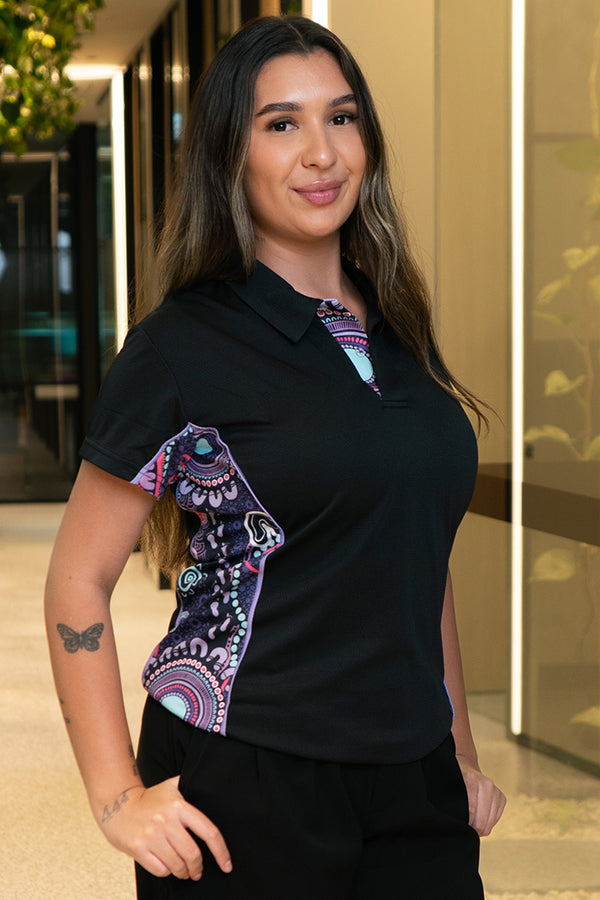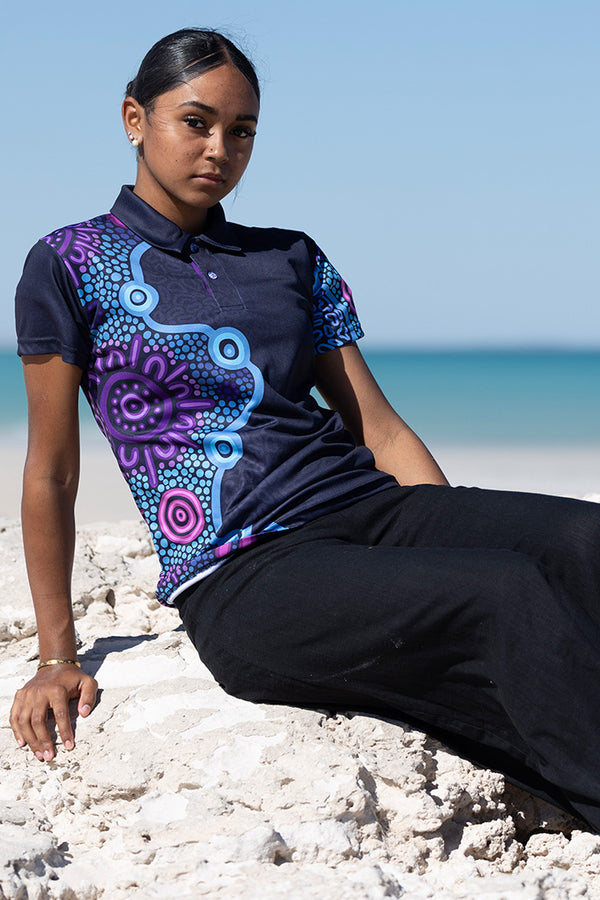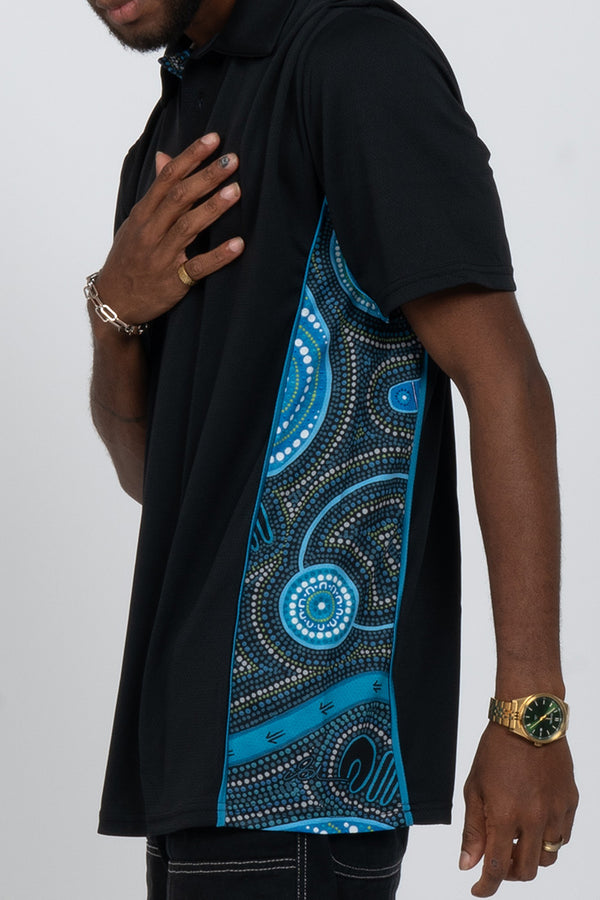Anzac Day - Lest We Forgot our Indigenous Service People
WARNING: Aboriginal and Torres Strait Islander viewers are warned that the following article may contain images of deceased persons.
 Group portrait of a platoon of Aboriginal soldiers who volunteered for service during the Second World War. The soldiers were mainly from Lake Tyers Station, known as Bung Yarnda by the local Gunai/Kurnai community in Eastern Victoria. Courtesy of the Australian War Memorial, 2022.
Group portrait of a platoon of Aboriginal soldiers who volunteered for service during the Second World War. The soldiers were mainly from Lake Tyers Station, known as Bung Yarnda by the local Gunai/Kurnai community in Eastern Victoria. Courtesy of the Australian War Memorial, 2022.
Anzac Day is an important day of remembrance and reflection for many, paying tribute to the people who fought and gave their lives during World War I. Anzac Day marks the date April 25, 1915, when the Anzacs (the Australian and New Zealand Army Corps) landed on the Gallipoli Peninsula in Turkey. Sadly the contribution of Indigenous soldiers in this battle and the many other battles and wars that followed is often forgotten and overlooked (Deadly Story, 2018).
Military service and war has been a significant part of Aboriginal and Torres Strait Islander history, with Indigenous people serving in large numbers since Australia’s Federation in 1901. We don’t know the exact number of Aboriginal and Torres Strait Islander people that served because the Australian Defence Force didn’t record peoples cultural background until recently. However, it is estimated that 1000 Indigenous people served in WWI, and approximately 70 fought at Gallipoli. In both World Wars, Indigenous people had the highest military participation rates in proportion to their population in Australia (Deadly Story, 2018).
 The Australian Aboriginal League float in the 1947 May Day procession. Courtesy of the Australian War Memorial, 2022.
The Australian Aboriginal League float in the 1947 May Day procession. Courtesy of the Australian War Memorial, 2022.
Indigenous Australians were not legally made Australian citizens until 1967, and yet they still willingly fought for Australia. As put in the words of Squadron Leader Gundungurra man Gary Oakly (AIATSIS, 2022):
“We’re not citizens, yet we’re willing to die for this place, we’re willing to die for non-Indigenous Australians, have a think about that one”
For First Nations people, the war provided an opportunity to escape the poor working conditions, racial prejudice and control they experienced in Australia on their own lands. Indigenous people displayed a warrior spirit protecting their Country, and joining the forces also gave them a chance to earn a wage. By all accounts Indigenous soldiers were treated with respect during their time serving. In an interview with ABC News (2017) Garth O'Connell, secretary of the Aboriginal and Torres Strait Islander Veterans and Services Association talked about the hope this brought Indigenous people, and the sad reality they were faced with once they returned home:
“The sad thing was, for the very first time for these men and women, they actually got — for the very first time in their lives — equality in their conditions, the opportunity to travel…Then they have to go back to being just another blackfella back in their communities…Having had a taste of equality … you've got to go back to what you were before the war."
Once Indigenous people returned home to civilian life after WWI and WWII devastatingly nothing had changed, their service was not acknowledged or celebrated, they returned to discrimination and prejudice. Many found that they were rejected from hotels and public places, or denied employment and the benefits offered to other returning service personnel (AIATSIS, 2022).

To learn more about the Indigenous Military Service you can also check out our previous posts:
Remembrance Day From An Indigenous Perspective
Indigenous Military Service Recognised with new $2 Coin



















